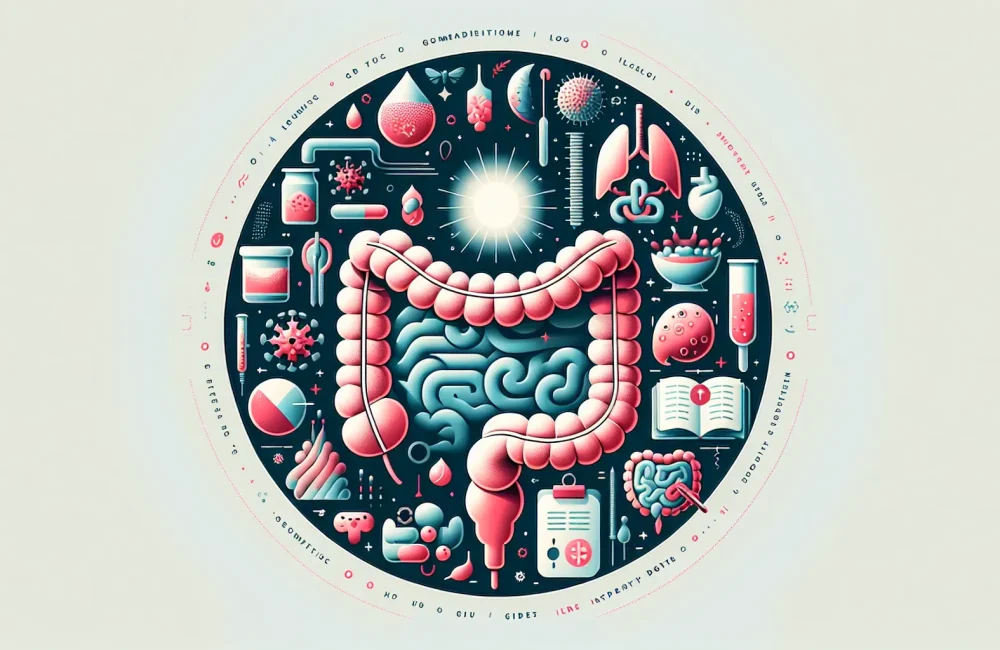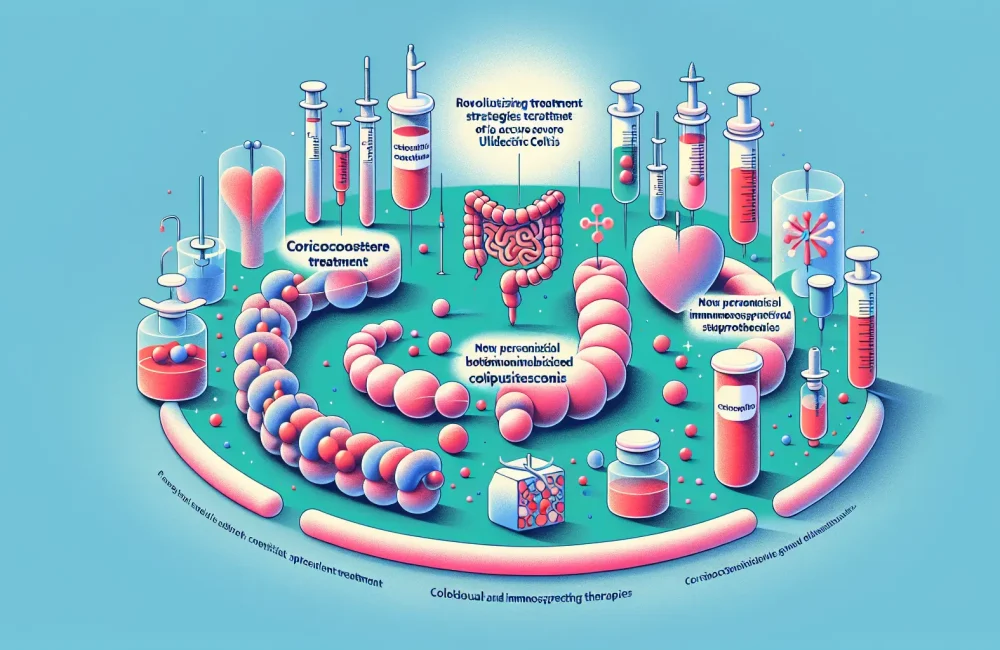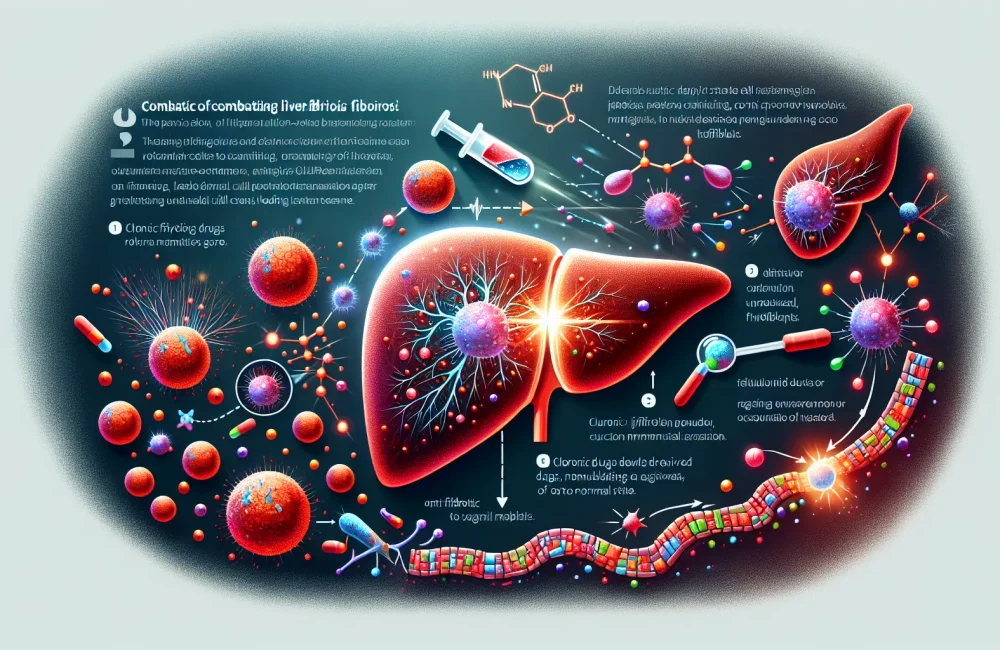By CAFMI AI From Gut
Mechanism and Potential of Ebastine in IBS
Irritable bowel syndrome (IBS) is a prevalent gastrointestinal disorder marked by symptoms such as abdominal pain and irregular bowel habits, posing significant challenges for effective treatment. Traditional therapies often fall short in fully addressing these symptoms, highlighting the need for novel approaches. Ebastine, a second-generation H1 antihistamine commonly used for allergic conditions, has recently emerged as a promising candidate for IBS management. Its usefulness extends beyond allergy control, involving the stabilization of mast cells, diminishing neurogenic inflammation, and reducing visceral pain. These properties suggest that ebastine could play an important role in modulating the visceral hypersensitivity and inflammation seen in IBS, potentially improving patient comfort and quality of life.
Clinical Evidence and Safety Profile
Clinical studies conducted to date indicate that ebastine can effectively reduce key IBS symptoms, especially abdominal pain and discomfort. Compared to older antihistamines, ebastine offers an improved safety profile, with fewer side effects, making it more tolerable for long-term use. While initial results are encouraging, the evidence is still emerging, and larger-scale clinical trials are necessary to establish definitive efficacy and optimal dosages. Understanding these points is crucial for primary care physicians who often manage IBS patients, as it opens the door to integrating ebastine into a multifaceted treatment regimen that targets underlying mechanisms rather than only symptom control.
Implications for Primary Care and Future Directions
The repurposing of ebastine for IBS treatment represents a novel and innovative approach that could significantly impact primary care practices. Clinicians should be aware of this emerging option to offer potentially better symptom relief with a drug already familiar for its safety in other clinical contexts. Further research will clarify its role and help refine treatment protocols, but current evidence encourages consideration of antihistamines as part of IBS care. This insight underscores the importance of ongoing pharmacological research to identify new uses for existing drugs, ultimately enhancing patient outcomes in functional gastrointestinal disorders like IBS.
Read The Original Publication Here






